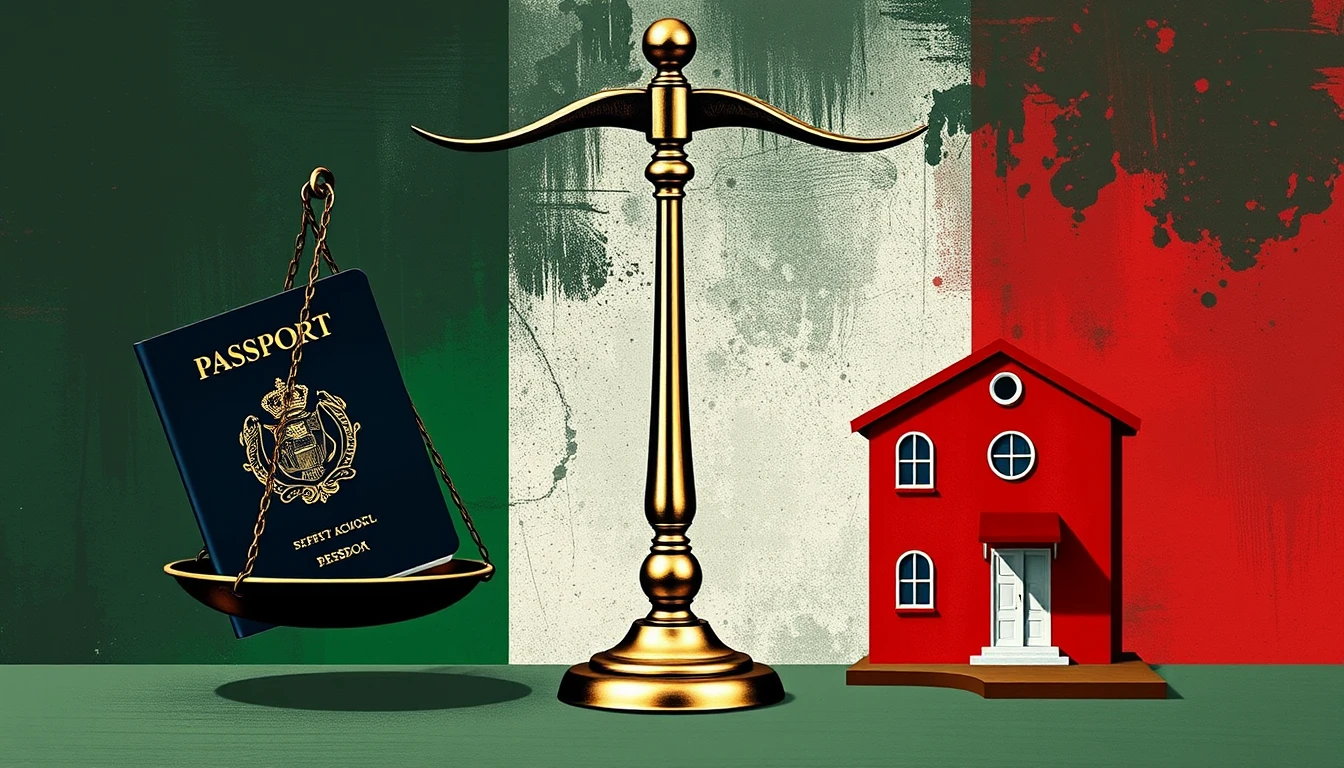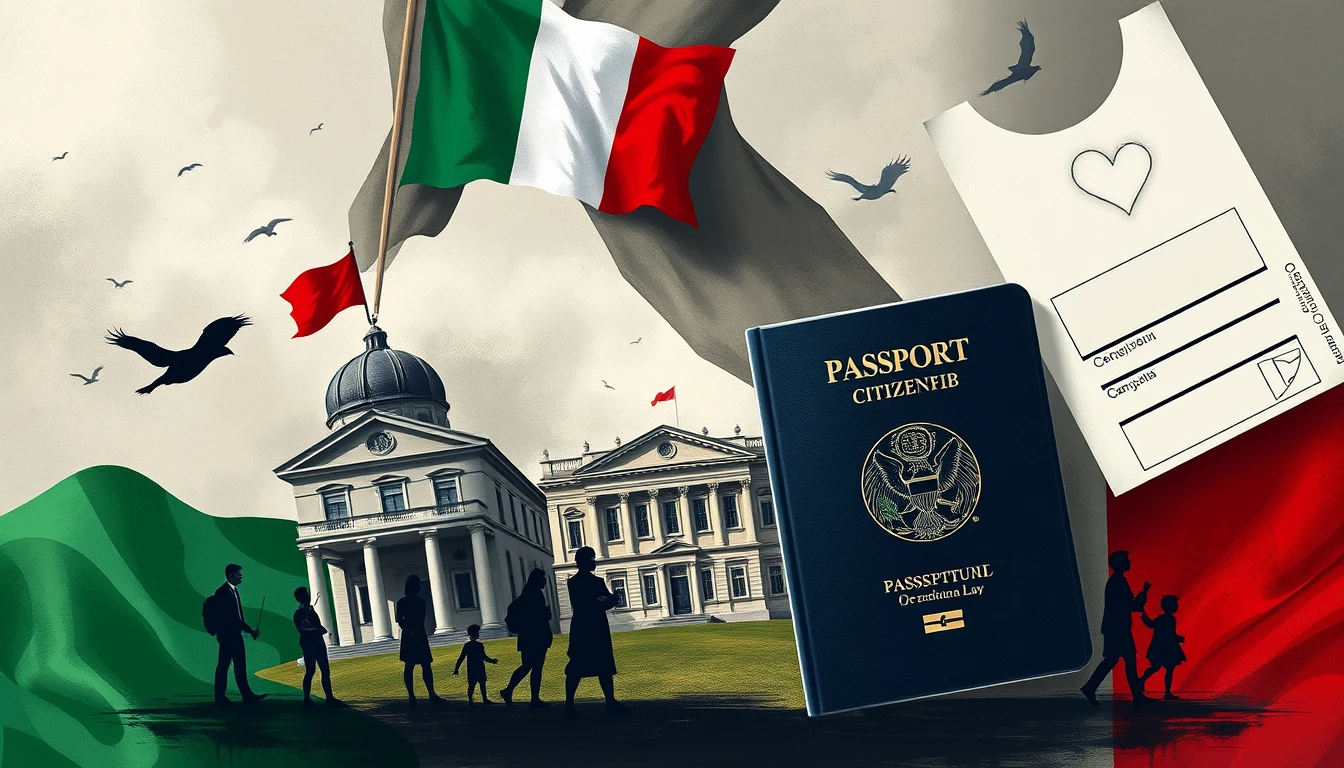The debate over Italian citizenship laws has resurfaced, sparked by recent political movements and past Olympic successes.
Two legislative proposals, from 2015 and 2022, aimed to link citizenship to educational achievements, but both stalled.
Currently, Italy follows the 'ius sanguinis' principle, granting citizenship based on ancestry.
However, a new push led by +Europa's Riccardo Magi advocates for a referendum to introduce 'ius soli', granting citizenship to those born in Italy.
This proposal seeks to amend the 1992 law, which requires individuals born in Italy to foreign parents to apply for citizenship at 18. The issue has divided political parties, with Forza Italia showing openness to 'ius scholae', while the Lega remains opposed.
As the debate intensifies, Italy's Parliament is set to revisit the citizenship law this autumn, aiming to address the needs of over five million foreigners residing in the country.











